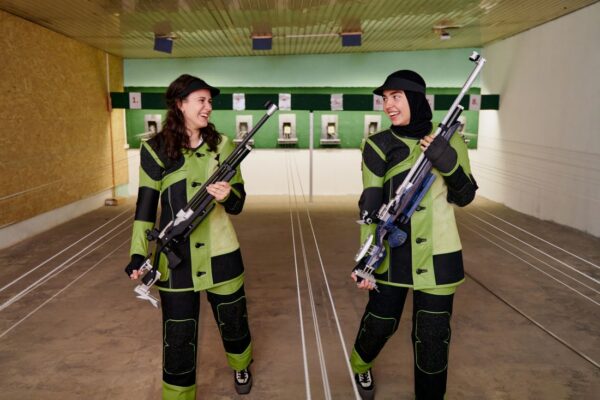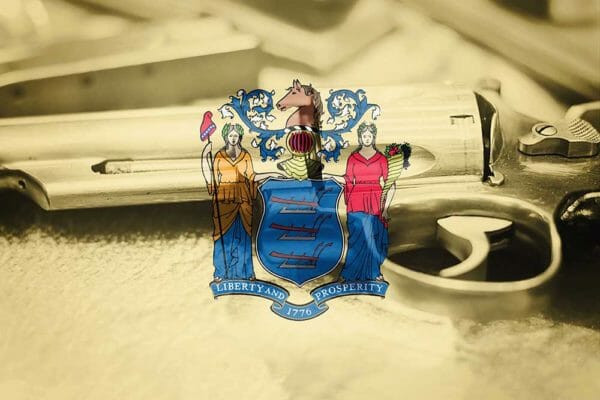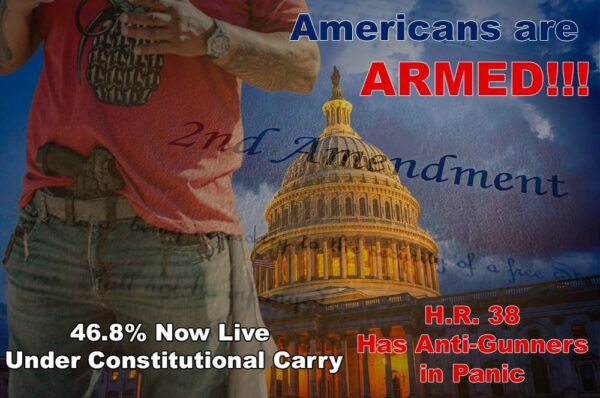
Gun control advocates and Democrats inhabit a different space. Perhaps it’s another dimension or some kind of odd singularity. Whatever it is, it’s a fantasy, complete with all the trappings, in which facts are not only irrelevant, they’re squashed by whatever claims are made by the faithful.
We’re accustomed to unsupported (and unsupportable) claims, cynical appeals to emotion, and carefully crafted, mass-market propaganda. However, it appears some gun-grabbers, even influential ones, have succumbed to their addiction and actually believe what they say. They have embraced the elves-and-fairies lifestyle.
After Thurston County Superior Court Judge Christine Schaller upheld Washington’s assault weapons ban* last month, Renée Hopkins, CEO of Alliance for Gun Responsibility, released a statement:
“This is another strong affirmation that our state’s gun violence prevention laws are both constitutional and effective. Assault weapons have no place in our communities, and Washington has been clear about that.”
We’re still waiting on the Supreme Court to weigh in on ‘constitutional’ but ‘effective’? This is obviously some new definition of the word not found in any dictionary — ever.
A report from the Washington Association of Sheriffs and Police Chiefs covered violent crime from 2019 to 2024. The report compared the number of offenses and rate per 100,00 population for Washington state to the national stats.
Washington’s violent crime rate rose 8%; aggravated assaults rose 27%; and the murder rate soared 43%.
Compare those figures to the national rates: The U.S. violent crime rate dropped 6%; the rate of` aggravated assaults rose just 2%; and the murder rate fell 4%.
Red flag laws weren’t ‘effective’, either. In the five years from 2019 to 2023, the CDC reported the percentage of Washington suicides committed with a gun rose 7%.
In fairness, if Ms. Hopkins’ concept of ‘effective’ is an increase in firearm-related fatalities, Washington’s statutes are doing an exemplary job.

There was another notable aberration in September of this year. Following a tragic mass shooting in Manhattan, New York Governor Kathy Hochul sought to place blame on Nevada’s lax gun laws.
Hochul bragged about New York state’s gun laws and demanded Congress pass similar laws on a national basis.
Neither Hochul nor the media figured out that all those strong gun laws failed spectacularly. They not only failed to prevent the incident, but there’s also no indication that they impacted the killer at all. Despite this, she wants all Americans to be subjected to those same laws.
All that’s missing is Rod Serling saying, “Presented for your consideration…”
Ensconced in their little pocket of ersatz reality, gun grabbers believe nothing can stand in the way of their desired goals. Even the impossible is disregarded.
Ihlan Omar, the controversial U.S. Representative from Minnesota’s Fifth Congressional District, was captured on video as she spoke to a group:
“We have more guns in this country than we have humans. So one of the things that is going to be important is to create a registry so we know where the guns are. We know when they go into the wrong hands when they’re stolen. And we can actually start a buyback program. I know that some of the Minnesota legislators have had that legislation and that’s something that we should be thinking about on a federal level.”
Her first sentence is irrelevant: We also have more Crayola crayons than people. Left to themselves, they pose exactly the same threat to public safety as firearms — or steak knives, hand tools, or Ford F-150 trucks.
From the second sentence on, Rep. Omar falls back on a popular gun-grabber fantasy: Federal gun registration. There are two obstacles in our world, but it seems they aren’t considered an issue in whatever dimension is occupied by the gun-control crazies.
First, a national registry of firearms or firearm owners is prohibited by federal law and has been since May 19, 1986. 18 U.S. Code § 926 says: “No such rule or regulation prescribed after the date of the enactment of the Firearms Owners’ Protection Act may require that records required to be maintained under this chapter or any portion of the contents of such records, be recorded at or transferred to a facility owned, managed, or controlled by the United States or any State or any political subdivision thereof, nor that any system of registration of firearms, firearms owners, or firearms transactions or dispositions be established.”
The second challenge will be much more difficult to overcome: Americans are not going to register their guns. Only a fraction of the estimated 400 million+ firearms owned by more than 80 million citizens are located in states with long-standing gun registration laws. Attempts to impose new, state-level registration requirements on certain types of firearms delivered ‘disappointing’ results.
Actually believing in gun buybacks indicates a ban fan’s addiction has entered a critical phase, urgently requiring an intervention.
When it comes to restrictions on the legal ownership of guns, control addicts and Democrats cling to beliefs less credible than the Easter Bunny. These strongly indicate there’s no point in future discussions.
On the other hand, there is a pressing need for us to rein in some rogues in Congress and state legislatures who have fallen to the lure of the unicorn.
About Bill Cawthon
Bill Cawthon first became a gun owner 55 years ago. He has been an active advocate for Americans’ civil liberties for more than a decade. He is the information director for the Second Amendment Society of Texas.
from https://ift.tt/H6ZDqbR
via IFTTT












